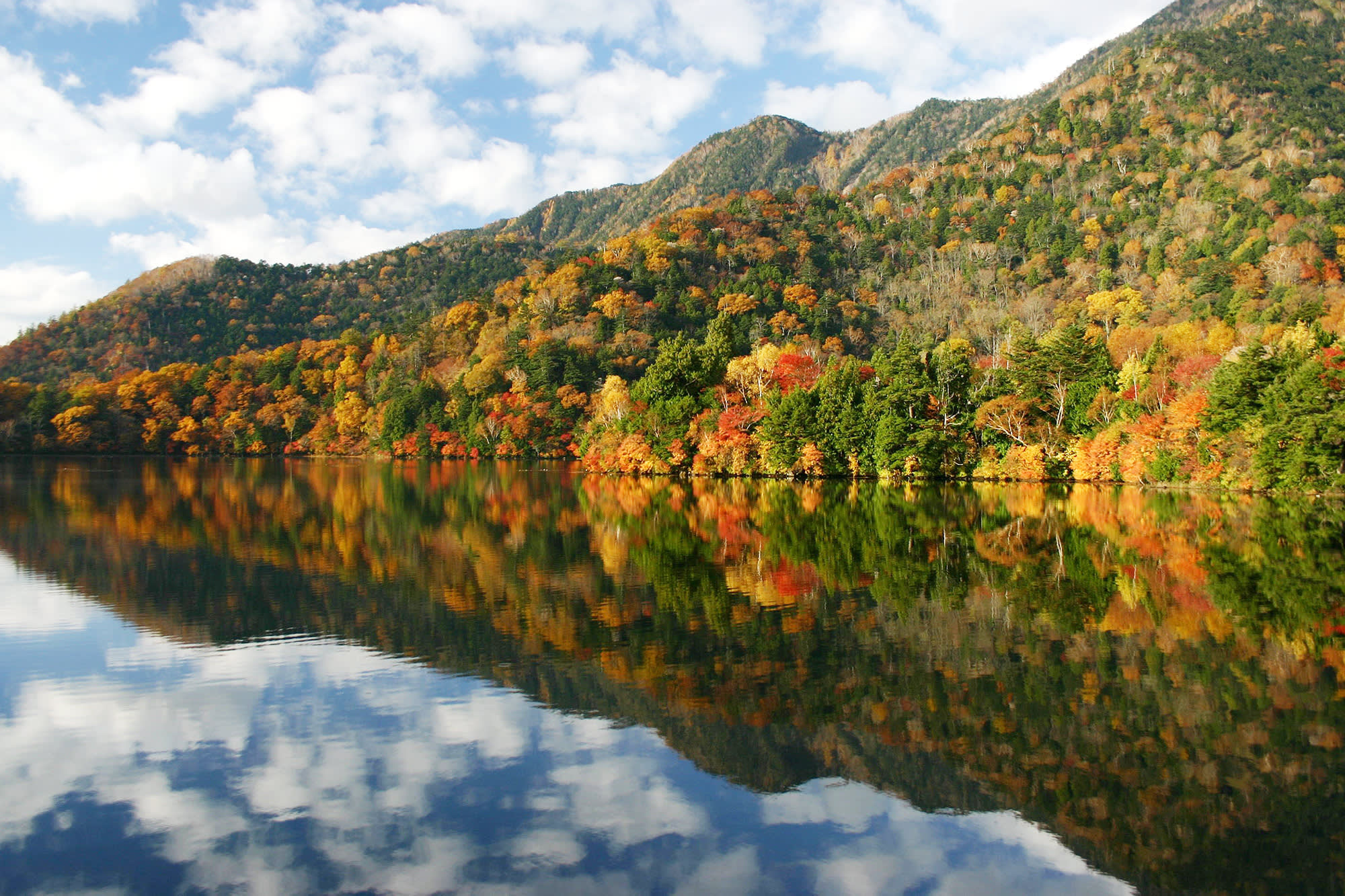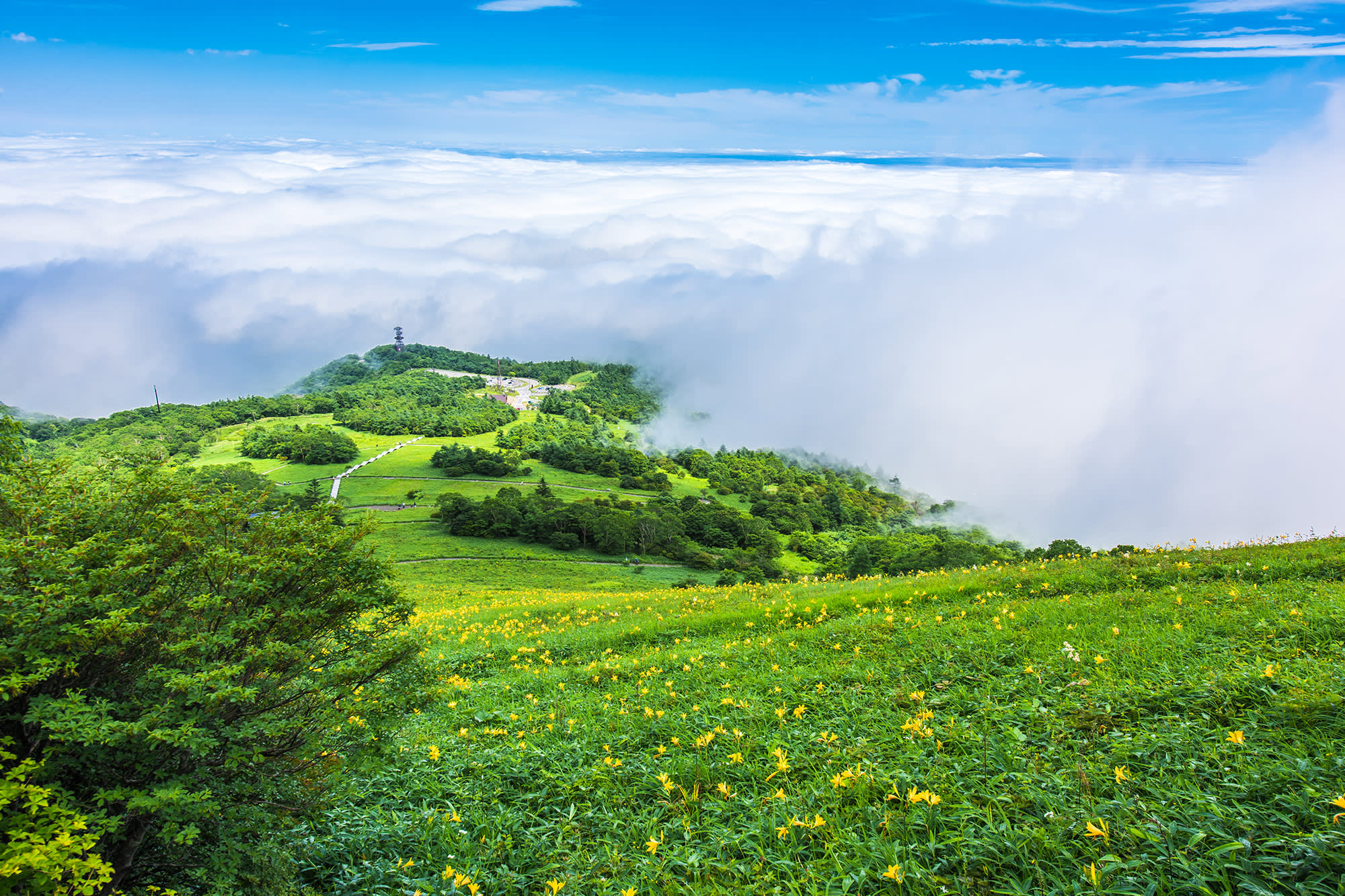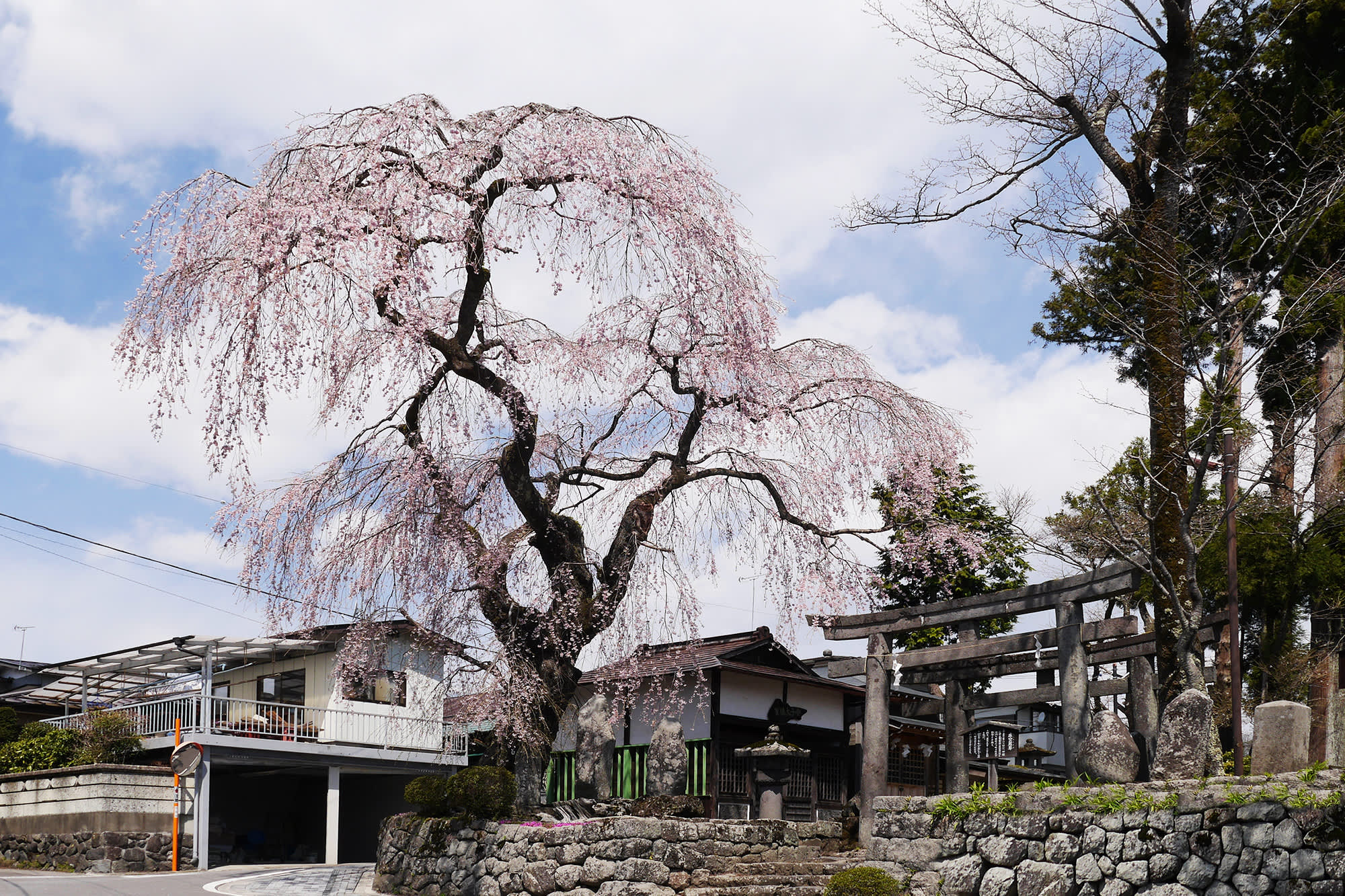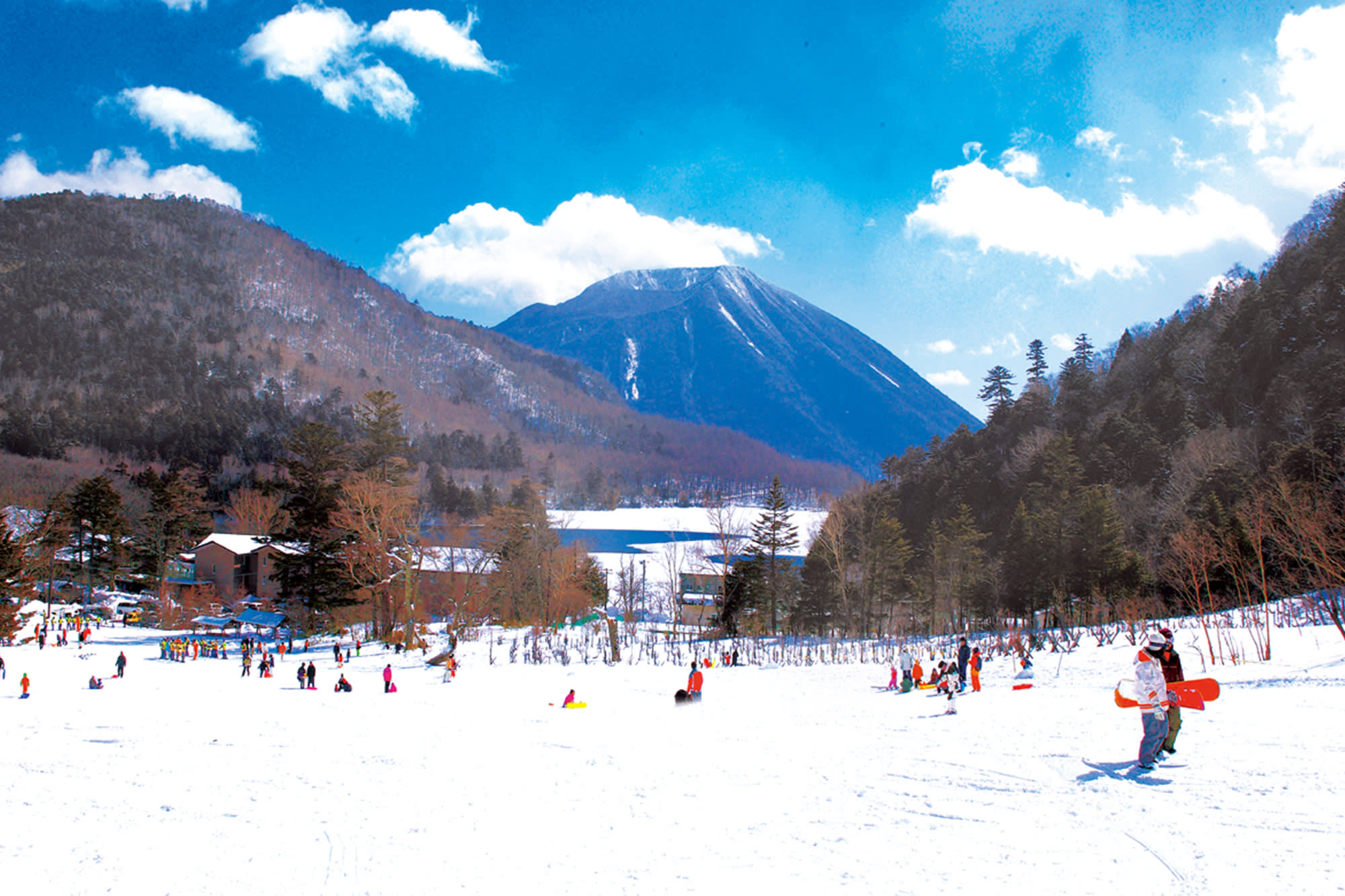Nikko City is the gateway to Nikko National Park and all of its beautiful landscapes—mountains, valleys, lakes, marshes and waterfalls. You can easily access mountain hikes and riverside strolls, enjoying the area’s beauty as it changes with the seasons, from the colorful flowers of spring and green-swathed mountains of summer, to the changing leaves of autumn and the soft snow of winter.

Nikko National Park
One of Japan’s first national parks, Nikko National Park is located in the Nasu volcanic zone, its mountainous landscape supporting many alpine plants and animals. The park is studded with impressive peaks such as Mt. Shirane, the highest mountain in northeastern Japan, and Mt. Nantai, the object of worship of Nikko Futarasan-jinja Shrine.
Forest and Marshes Nature Walk: Yudaki Falls to Senjogahara Marshland
Mountain Lakes Hike: Lake Kirikomi and Lake Karikomi
Secluded Lakeshore Hike: Lake Sainoko to Senjugahama Beach and Ryuzu Falls
River Gorge Hike: Ryuokyo Valley
This English-language text was created by the Japan Tourism Agency.

Okunikko
Okunikko, beyond Irohazaka Slope, is where you’ll find many of Nikko National Park’s most scenic spots, including Senjogahara Plateau, Yukawa River, Odashirogahara Plateau, Mt. Nantai, Lake Chuzenji and Kegon Falls. The area is crisscrossed with hiking routes, giving visitors easy access to its rich natural beauty. Come in summer to see the mountainsides dotted with delicate cotton grasses and prickly thistles, or in autumn to watch them slowly turn red and gold as the leaves change.

Central Nikko
North of Nikko City, sitting atop the slopes of Mt. Akanagi about 1,200 meters above sea level, is the Kirifuri Highland plateau. Each spring, azaleas blossom around Kirifuri Falls, while in June and July some 260,000 daylilies come into bloom along the hiking routes, turning the landscape yellow and green. There are also campsites and sports and leisure facilities in the area.

Kinugawa-Kawaji Onsen
The picturesque Kinugawa River has carved the Ryuo Valley over millennia, creating a dramatic landscape of emerald green water and rough boulders. Walking along the path running alongside the ravine, you can enjoy Ryuo’s rich nature while you listen to the rushing water, rustling leaves and singing birds.

Spring
Cherry blossom season in Nikko is usually at its peak in mid-April, when the whole area is covered with light pink sakura blooms. The streets are filled with gently falling petals, and many people come to appreciate the trees, some of which are hundreds of years old.

Summer
The city of Nikko has long been popular as a summer retreat. Visitors come to enjoy the cooling waters of Kinugawa River, set in the beautiful Ryuo Valley, and to take in fresh mountain air on hikes.

Autumn
Autumn is considered by many to be the best time to visit Nikko, as the tree-covered slopes of the mountains change their colors. From late August, the temperature fluctuates between hot days and cold nights, slowly turning the leaves a beautiful flame-red.

Winter
In winter, a blanket of soft powder snow covers the mountains, creating ideal conditions for skiing and other snow sports—or simply for sitting in a hot spring, enjoying the fresh, quiet landscape.
